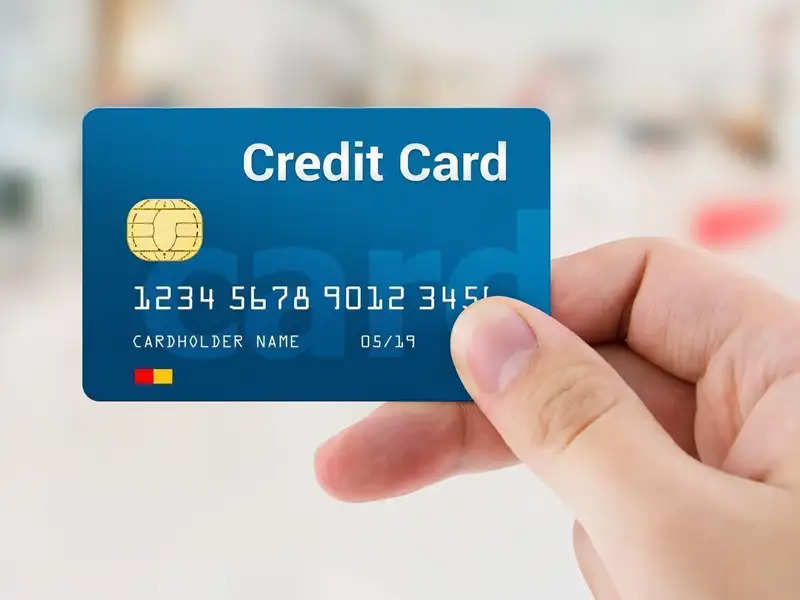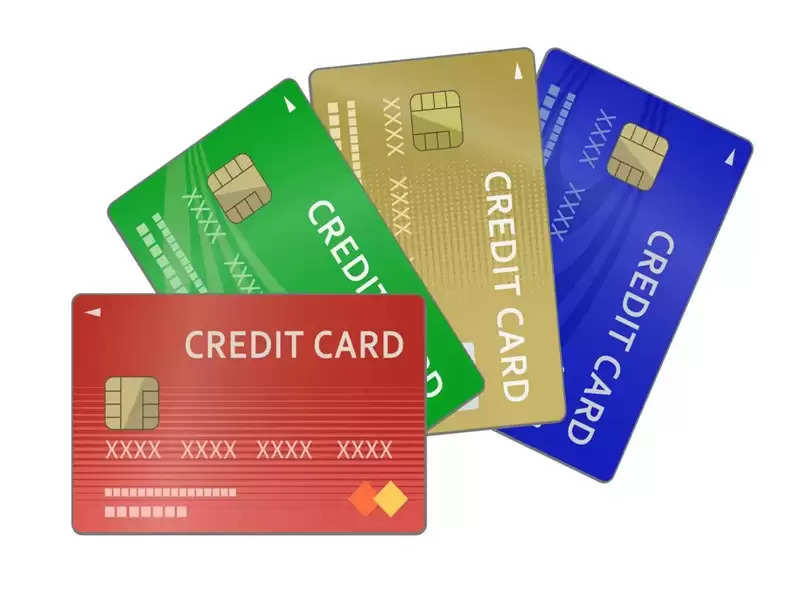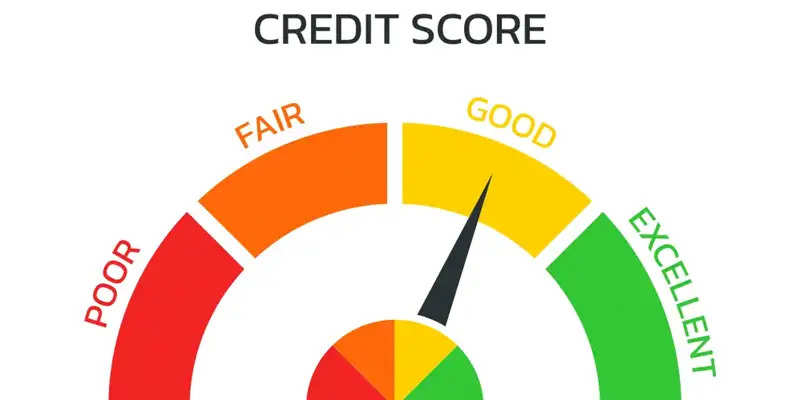Credit Card Tips: How credit card spoils CIBIL score, know otherwise you will not get a loan later...

Credit cards come as a lifesaver in times of financial crisis. Usually, people spend more while using these cards, due to which they have to suffer the consequences later. At the same time, alert and financially conscious people can take maximum advantage of their credit cards. However, those who do not know much about the correct usage of credit cards can spoil their CIBIL score.

CIBIL score is a three-digit number that determines one's financial credit and is used by lenders (banks, institutions, etc.) as an assessment of whether they should lend to you or not. A good CIBIL can get you a loan at low-interest rates. So let us know how you can improve your CIBIL by using it. Also, what things should you keep in mind to keep your credit score correct?
Credit limit and credit over the limit
A credit limit is the maximum amount that a user can spend using his credit card at any time. The purpose of the limit is to ensure that the person can repay the money borrowed from you within a specified period without falling into the trap of debt. This is achieved using factors like income, credit profile, credit worthiness, etc. Credit over-limit, on the other hand, is a situation where the user uses his credit card more than the given credit limit. In such a situation the credit score is affected.
Credit Card Repayment History
This is a major factor that affects a person's credit card. This accounts for approximately 35 percent of the credit score. Therefore, you should pay your credit card bills on time to maintain a good credit score.
Overuse of credit limit
Generally, when many people use 90 to 100 percent of their credit limit, their credit score is affected. Using more than 70 or 80 percent of the total limit can also negatively impact your credit score. Using too much can result in you losing a good deal of your credit score. Timely repayment of your dues is very important to maintain and improve your credit score. Even defaulting on an EMI is visible on your credit report.
The minimum due date of a credit card is the amount that the cardholder has to pay on or before the payment due date. Typically, it is calculated as 5% of the total outstanding amount. However, credit card users should avoid this and pay the entire outstanding bill amount or more than the minimum due amount.
Avoid exceeding your credit utilization ratio (CUR)
The credit utilization ratio shows the user's usage relative to the credit card limit in a month. For example, if a person's credit limit is Rs 1 lakh, but they have spent Rs 90,000, their CUR will be 90%. A high CUR is seen as credit-hungry. It lowers your credit score. It's okay to hit your spending limit once in a while for emergencies or important events like weddings or trips abroad, but don't make it a habit.
Set up automatic payments
Choose EMI option
Now, credit cards let users convert their transactions into EMIs. This helps you with your repayments without limiting your shopping list and without having any adverse effect on your credit score.

Don't fall into the trap of multiple credit applications
Today, many credit card companies are offering many attractive offers to attract customers. However, users should avoid making multiple credit applications at the same time. This may make your CIBIL negative, as you may not be able to keep track of payments on all the cards.
Should you use a credit card?
Of course, if you know the right way to use your credit card and if you use it wisely to manage your daily expenses, a credit card is an effective and highly useful financial instrument. Apart from earning reward points, you can get interest-free EMIs, discounts and offers.
PC Social media
 (1).png)
